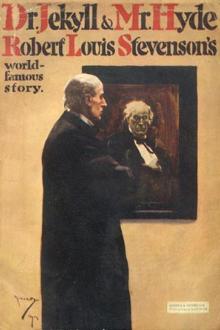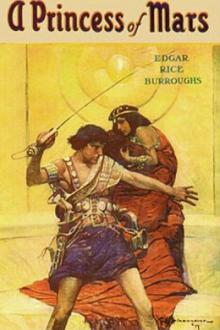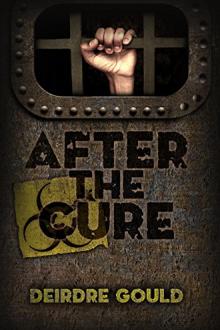Genre Science Fiction. Page - 19
No registration or authorisation! And it is all for free!

hin, so that we bent towards one another and spared our words. I stood out against it with all my might, was rather for scuttling the boat and perishing together among the sharks that followed us; but when Helmar said that if his proposal was accepted we should have drink, the sailor came round to him.I would not draw lots however, and in the night the sailor whispered to Helmar again and again, and I sat in the bows with my clasp-knife in my hand, though I doubt if I had the stuff in me to

only differed on some point of science," he thought; and being a man of no scientific passions (except in the matter of conveyancing), he even added: "It is nothing worse than that!" He gave his friend a few seconds to recover his composure, and then approached the question he had come to put. "Did you ever come across a protege of his--one Hyde?" he asked."Hyde?" repeated Lanyon. "No. Never heard of him. Since my time." That was the amount of

're good, you're good. Chapter Two I came out of the bathroom with 30 seconds left on the ticker, and started walking briskly towards the conference room. Miranda was trotting immediately behind. "What's the meeting about?" I asked, nodding to Drew Roberts as I passed his office. "He didn't say," Miranda said. "Do we know who else is in the meeting?" "He didn't say," Miranda said. The second-floor conference room sits adjacent to Carl's office, which is

parody of bacterial plasmid exchange, so fast that, by the time the windfall tax demands are served, the targets don't exist anymore, even though the same staff are working on the same software in the same Mumbai cubicle farms.Welcome to the twenty-first century. The permanent floating meatspace party Manfred is hooking up with is a strange attractor for some of the American exiles cluttering up the cities of Europe this decade - not trustafarians, but honest-to-God political dissidents, draft

ore to share our meal. To satisfy my conscience, I ate for both.The old cook and housekeeper was nearly out of her mind. After taking so much trouble, to find her master not appear at dinner was to her a sad disappointment--which, as she occasionally watched the havoc I was making on the viands, became also alarm. If my uncle were to come to table after all? Suddenly, just as I had consumed the last apple and drunk the last glass of wine, a terrible voice was heard at no great distance. It was

Inside, her anxiety increased. The arrangements were old-fashioned and rough. There was even a female attendant, to whom she would have to announce her wants during the voyage. Of course a revolving platform ran the length of the boat, but she was expected to walk from it to her cabin. Some cabins were better than others, and she did not get the best. She thought the attendant had been unfair, and spasms of rage shook her. The glass valves had closed, she could not go back. She saw, at the end

however, that this thought did not occur to me until the following day removes any possible right to a claim to heroism to which the narration of this episode might possibly otherwise entitle me.I do not believe that I am made of the stuff which constitutes heroes, because, in all of the hundreds of instances that my voluntary acts have placed me face to face with death, I cannot recall a single one where any alternative step to that I took occurred to me until many hours later. My mind is

hey reachtheir fifteenth year. Then they go to work.In the Home of the Students we arose whenthe big bell rang in the tower and we wentto our beds when it rang again. Before weremoved our garments, we stood in thegreat sleeping hall, and we raised our rightarms, and we said all together with thethree Teachers at the head:"We are nothing. Mankind is all. By the graceof our brothers are we allowed our lives.We exist through, by and for our brotherswho are the State. Amen." Then we

same day another important personage fell into the hands of the Southerners. This was no other than Gideon Spilen, a reporter for the New York Herald, who had been ordered to follow the changes of the war in the midst of the Northern armies.Gideon Spilett was one of that race of indomitable English or American chroniclers, like Stanley and others, who stop at nothing to obtain exact information, and transmit it to their journal in the shortest possible time. The newspapers of the Union, such as
